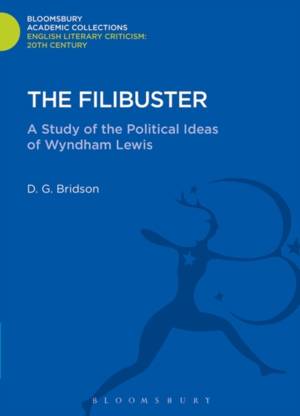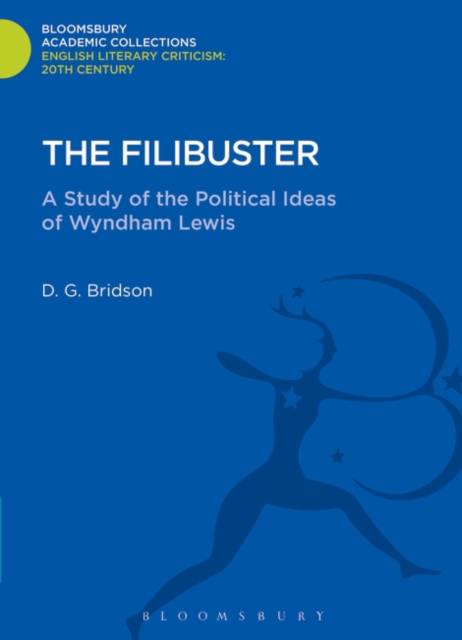
En raison d'une grêve chez bpost, votre commande pourrait être retardée. Vous avez besoin d’un livre rapidement ? Nos magasins vous accueillent à bras ouverts !
- Retrait gratuit dans votre magasin Club
- 7.000.000 titres dans notre catalogue
- Payer en toute sécurité
- Toujours un magasin près de chez vous
En raison de la grêve chez bpost, votre commande pourrait être retardée. Vous avez besoin d’un livre rapidement ? Nos magasins vous accueillent à bras ouverts !
- Retrait gratuit dans votre magasin Club
- 7.000.0000 titres dans notre catalogue
- Payer en toute sécurité
- Toujours un magasin près de chez vous
Description
Wyndham Lewis, as writer and painter, was one of the great creative geniuses of this century and also one of the most neglected. A large part of the cause of that neglect has been the enduring distrust of Lewis's political thinking, which has been greatly misunderstood and misrepresented. A leading intellectual in an age of intellectuals, Lewis was outspoken in praise and criticism, and, swimming against the mood of the times, became wrongly identified with the Fascist cause. Yet the truth is that there is no convenient political label to pin on Wyndham Lewis, for he was too much of an individualist ever to espouse a cause.
D. G. Bridson, a close friend of Wyndham Lewis in the latter part of his life, has examined critically the evolution of Lewis's ideas over some thirty years of writing. The Filibuster is an attempt to convey the changing, overall pattern of his political thinking, to clear away the misunderstandings and allow us to assess Lewis more truly both as a man and an artist, in the historical context of his times, the turbulent years between 1920 and 1950.Spécifications
Parties prenantes
- Auteur(s) :
- Editeur:
Contenu
- Nombre de pages :
- 302
- Langue:
- Anglais
- Collection :
Caractéristiques
- EAN:
- 9781472509901
- Date de parution :
- 08-05-14
- Format:
- Livre relié
- Format numérique:
- Genaaid
- Dimensions :
- 156 mm x 234 mm
- Poids :
- 630 g

Les avis
Nous publions uniquement les avis qui respectent les conditions requises. Consultez nos conditions pour les avis.






